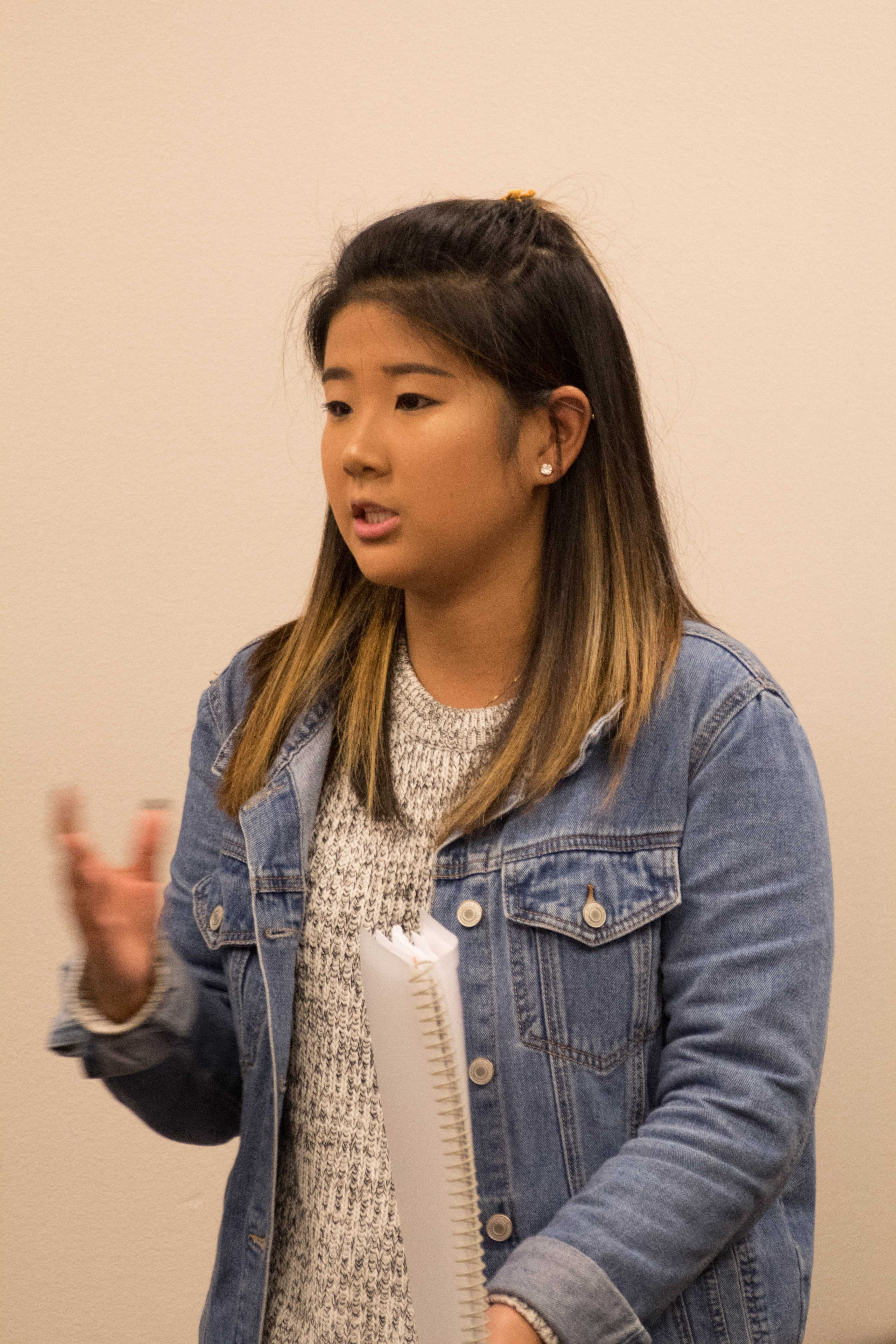As the doors closed and the itineraries were distributed, senators and ASSP core sat around the library seminar room preparing for what would be one of the longest meetings this year.
The point of interest that consumed the night was the Club Signature Event Policy, which was determined necessary by the Committee of Student Clubs (CSC).
The CSC is the go-to group for all clubs and club leaders on campus, that provides review of clubs, their applications, and maintains informative.
This policy was made in collaboration with ASSP members, club leaders, student life staff, and club advisors to provide the appropriate support to all club sizes.
It provides a new funding structure that all clubs on campus must now follow in order to host a signature event, which is defined by the official policy written by CSC as a “club event that meets one of more of the following criteria including, has an anticipated attendance over 150 people and or projected event costs total or exceed $2,000.”
Although this new policy was established to help improve clubs presence and activities, it does not come without restrictions or consequences.
The guidelines specify that clubs are only allowed to host one signature club event a year and ASSP will fund a maximum of $4,000 for any signature event, even if the total cost of the event is much larger; such as the case for Ohana ‘O Hawai’i Club hosting Luau that brought a budget
request of $7,558.99 to the table on this night.
The funding, though, is never a guarantee.
If two clubs decide to host a signature event together, then the $4,000 counts for both of their one time allocations and they are not rewarded separate funding for the one event.

Clubs must also have their event and financial proposals for the event by the last CSC of fall quarter and the policy states no exceptions will be made. Some senators expressed their curiosity if this policy could be amended or repealed now or in the future.
A statement by CSC advisor Jacob Arzaga, read by Elisa Jones, stated “the policy stands as is … with the increase of clubs (60+) and with the amount of events they want to put on we are no longer able to fund all of the events.”
The new funding structure comes to SPU clubs in three components. The first is the ASSP funding which will always be a maximum of 4,000 and can potentially be lower. The second is fundraising.
All clubs that want to host a signature event are now required to fundraise a minimum of 20 percent of the total event cost.
This entails not only all traditional methods of fundraising but also finding donations and sponsorships from outside sources.
The final component is ticket sales which are also now required.
Ticket loans will also be given to the clubs from ASSP based on the club being an established club and have a minimum of two years of successful event implementation with data and history that their event has been successful.
A prominent example was the Ohana ‘O Hawai’i Club, which attended and presented at senate.
Since 2015, the event Luau has doubled in size and the club has maintained over 600 people in attendance since 2017.
Senate advisor Whitney Broetje said, “there is a contingency built into the ticket loan where we only give them what is 60 percent of the projected attendance and even lower if it is an event that hasn’t been done for 2 years, only 40 percent.”
Clubs that fail to meet ticket sale requirements and do not fundraise enough to make up the difference can be potentially suspended by CSC from hosting a signature event that following year or the event of the current year can be cancelled altogether if the loan is not paid back.
The first club to be complying to the new signature event funding structure is indeed the Ohana ‘O Hawai’i Club at Seattle Pacific University.
Although the club’s total request was larger than that of the $4,000 maximum, its event was passed unanimously with an ASSP amended fund of $4,000, originally set at $3,500, before coming to senate.
The new policy is now immediately in effect and will potentially change the way clubs make decisions on finances and ideas for the rest of this school year and the future.
In Other Business:
Executive Vice President Kaitlyn Payton announced that elections are coming up in the following weeks and asked senate to send candidates for senator or ASSP positions her way, and applications open Jan. 28 and close Feb. 11 for senate.
Vice President of Campus Activities Celeste Ajayi announced People of Promise officially had winners and would be announced soon.
Vice President of Ministries Madyson Fulcher announced that Chief Justice Talbot Miller had finished with CAB bringing forward by-law changes and it was tabled for further discussion at the next senate.
















































































